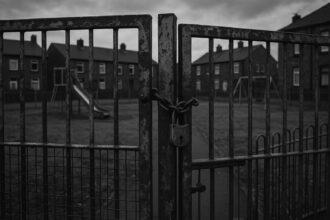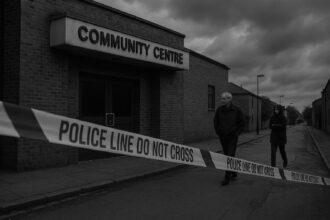Conservative MP Miriam Cates questions the potential implications on free speech of the proposed changes to the UK’s extremism definition by Communities Secretary Michael Gove, amidst debates over the balance between security and democratic freedoms.
Miriam Cates, a Conservative MP, has expressed concerns over proposed changes to the UK’s definition of extremism, suggested by Communities Secretary Michael Gove. Cates highlighted the potential risks to free speech if the definition shifts to encompass a broader range of opinions, moving beyond a focus on violent acts alone. She raised these issues during a Prime Minister’s Questions session, where Prime Minister Rishi Sunak, who took office in October 2022, assured that the government’s intention is not to stifle peaceful beliefs but to isolate groups promoting terrorism.
The proposed new extremism definition is part of the UK’s broader efforts to combat extremist disruption and division. This initiative has led to a heated debate around the potential impact on free speech and the risk of penalising individuals for expressing diverse opinions. Sunak also addressed concerns about extremism within political parties, emphasizing the government’s commitment to fighting racism and Islamophobia.
The discussion comes in a context of growing concern over self-radicalisation and the threat it poses to UK society, exemplified by the murders of MPs Jo Cox and David Amess. The challenge lies in distinguishing between harmful extremist ideologies and legitimate political discourse, amidst fears that the new definition could alienate moderate voices and impede democratic debate.
In related news, Greenpeace UK warned that tightening the definition of extremism could lead to an increase in unlawful protests. The environmental advocacy group argued that limiting space for peaceful demonstration might drive individuals toward more destructive forms of protest. Greenpeace’s concerns highlight the delicate balance between maintaining security and preserving democratic freedoms, including the right to protest.
The debate over the new extremism definition underscores the complex nature of addressing ideological threats while safeguarding democratic values in the UK. With the potential for significant consequences on public funding and civic engagement, the government’s approach to defining and tackling extremism continues to draw attention and controversy.













